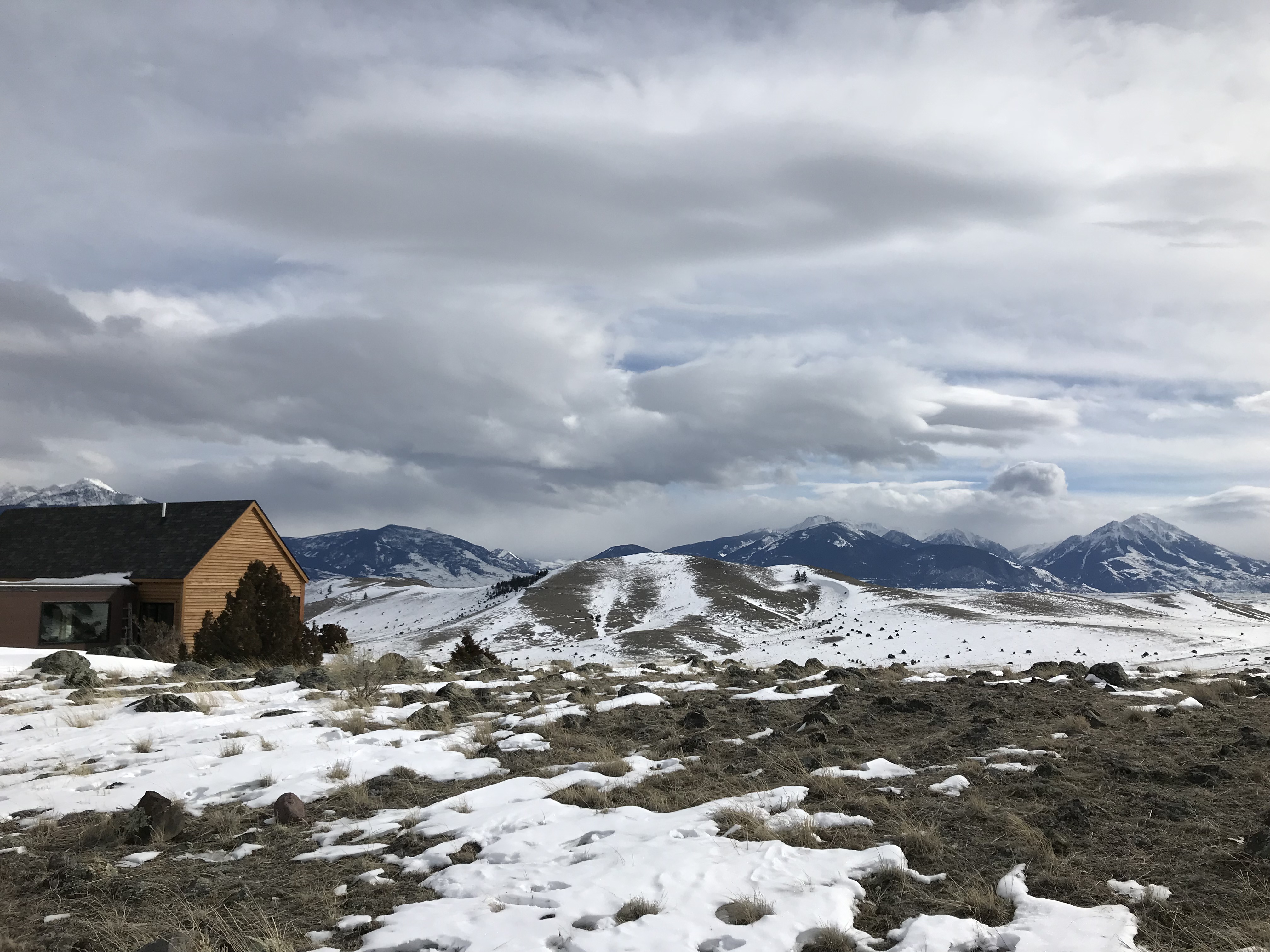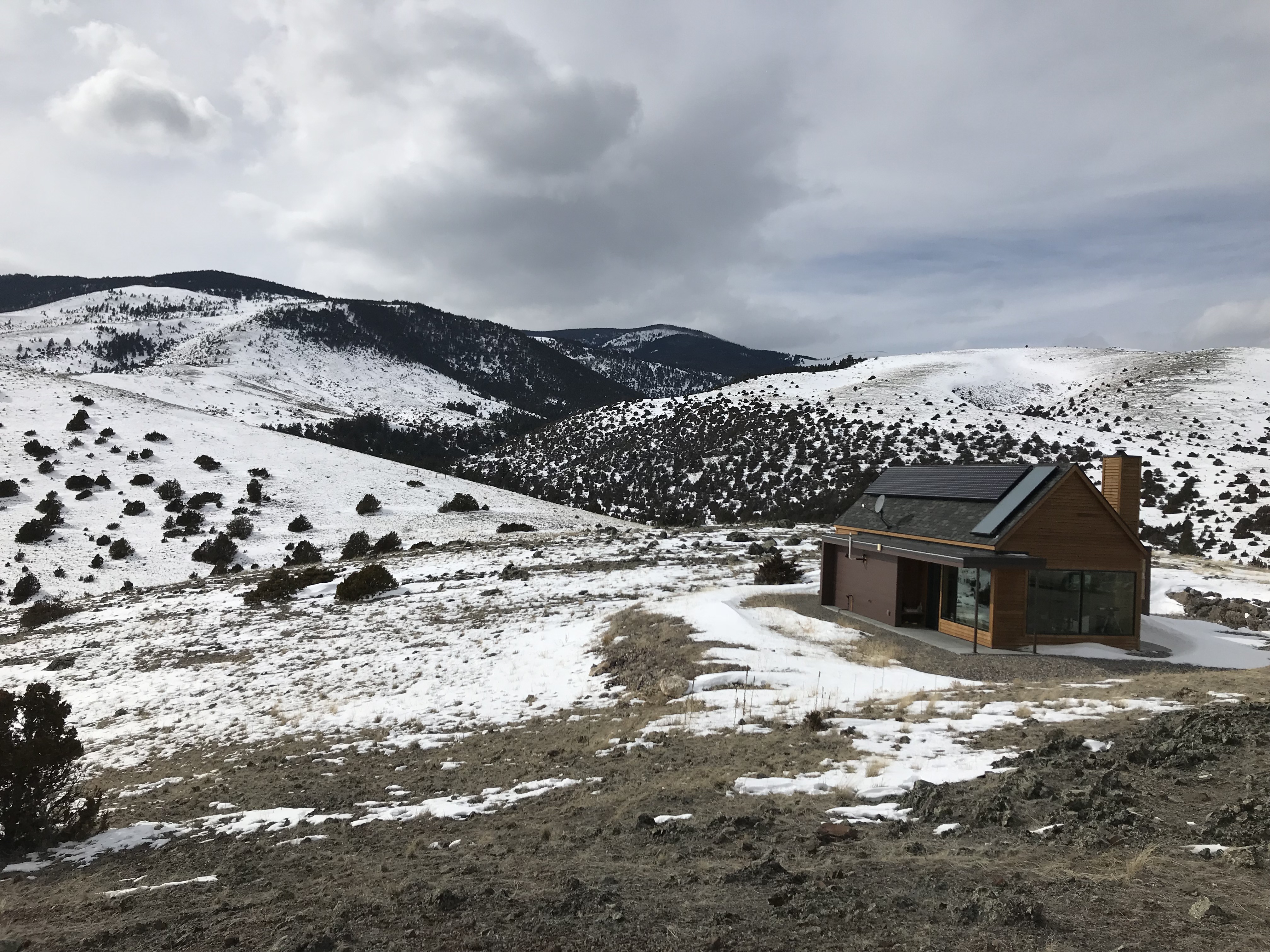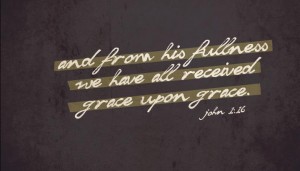This afternoon is quiet.
A rare moment of stillness, in the midst of the norm of frenetic busyness of work and study and parenting and, well, life.
We finished our very long list of chores scheduled for today much earlier than expected, and so now we are enjoying a few moments of sitting next to each other on the couch:
- Me, writing.
- Him, coding. (He’s a computer geek, trying to solve some complex issue at work. Because it’s “fun”.)
As I sit here, I am struck yet again, at just how much peace there is, in my soul.
That sense of joy and gratitude is magnified by the memories of much harder days, when there was no peace in my soul – only turmoil, fear and anger.
I’m reading through Tim Keller’s newest book, “The Prodigal Prophet.”. The book is an in-depth, yet very readable exploration of the story of Jonah, the prophet who was swallowed by a Big Fish.
Jonah’s story is one that I’ve not really given much thought to before. Sure, I remember how much I loved the drama of the story when I was a young girl in Iowa – sitting in dusty Sunday School rooms, hoping my teacher would let me place the ginormous-out-of-proportion whale flannel-graph piece on the musty smelling board while she told us that Jonah got swallowed by that big ‘ol fish (even though the cut-out was definitely a whale) because he disobeyed God.
Such a strange story.
As I grew older, and as I encountered more and more of the evil that exists in this world, I began to doubt God’s goodness. I began to question – as so many do, and as you may have as well, dear reader – why a good God would allow terrible things to happen in this world.
And, woven into that question, is the struggle to understand God’s Sovereignty.
The theological term for this is “theodicy”: the vindication of divine goodness and providence in view of the existence of evil. Theologians will sometimes write about or refer to the question of theodicy. It’s a question that haunts me to this day, but also a question that I’ve come to realize that I’ll never quite find the answer to….because, as we see in Isaiah, His thoughts and ways are beyond our comprehension:
The book of Job is typically where I turn, when thinking about both theodicy and God’s sovereignty. Every word in Job seems laced with the question of “Why?”
Job was “blameless and upright, one who feared God and turned away from evil.” Yet, in spite of all his ‘blamelessness’ and ‘uprightness’, his world still collapsed in ways that many of us can’t even fathom. Such incredible grief! Such utter shattering! Yet in Job 13:15, he muttered…or, whispered….or, maybe even shouted….words that, to many of us in our deepest moments of despair, seem nearly too painful and too impossible to gasp, yet also point us in our grief to the only hope any of us have:
Though He slay me, yet I will hope in Him. Job 13:15
Job – yes. But the story of Jonah?
No – I had never really looked at Jonah, in terms of God’s sovereignty, like I have Job. But in reading Keller’s book, I came across the following sentences that caught in my soul:
The story {of Jonah} reveals that God “appointed” a great fish to swallow Jonah. This verb is used several times in the book, as when God appointed a plant to grow and then die….In each case, God orchestrated a circumstance in history to teach Jonah something he desperately needed to know. With 20/20 hindsight, we can see that the most important lessons we have learned in life are the result of God’s severe mercies. They are events that were difficult or even excruciating at the time but later came to yield more good in our lives than we could have foreseen. ~ Keller
Appoint.
Designate. Allot.
Specify, determine, assign, designate, choose.
Establish, settle, authorize, ordain, prescribe, decree.
God appointed that fish, to swallow Jonah.
In His sovereignty, that is beyond anything we can fully comprehend, he “orchestrated a circumstance”.
And, He does the same, my friends, with you and I.
Sometimes, that orchestration is joyful and rapturous – reuniting with a long-lost friend, Watching a loved one experience healing. Celebrating a 50-year wedding anniversary, between two people who have put Christ first in their relationship. But at other times, that orchestration can be so incredibly painful. An unexpected diagnosis. A family situation that rips through your heart. The loss of a job or financial security. Depression so thick, that the darkness seems it will never lift. The loss of a loved one.
The imprisonment of a spouse.
These, my friends, can sometimes be God’s Severe Mercies, as mentioned by Keller in his book. Circumstances appointed by God that are excruciatingly difficult, and yet may yield far more good in our lives, than we can ever imagine or that we can foresee when in the midst of the pain. In the darkness, when we are wrapped in the shroud of grief and fear, we can not see it. We can’t. We may say that we do – we may cling to His promises, or, more tritely, we may throw out a platitude here and there – but if we are completely honest, more often than not, we can not see the mercy.
Only the severe.
But, the mercy is there, even in the severe. It is so, very there. Even when we cannot see it clearly.
It’s there in this: when the hard things strip us of our self-confidence and self-reliance, and when the painful things bring us to our knees and to a place where we cannot rely on others or ourselves for comfort, we should….and do….discover that our only hope is God. And the only shattered cry we can fling from our broken hearts to His is this: “Have mercy, dear Lord!”
Have mercy, upon us – because You are our only hope.
He is our only hope. And, that hope is the assurance that He is who He says He is; and we are who He says we are, as Christ-followers: His children. Whom He loves, and whom he cherishes.
And, when the pain settles, and we learn to breathe again, we can often look back and see where He was merciful. Where the sweetness of His compassion taught us things about life and death and evil and good and compassion and care for each other.
And, we can see where His severe mercies have taught us the holiness and hope of God, that otherwise we would have missed seeing.












